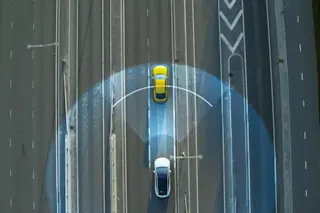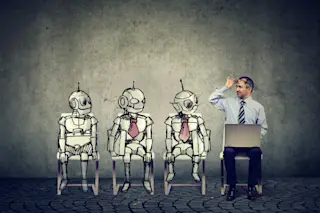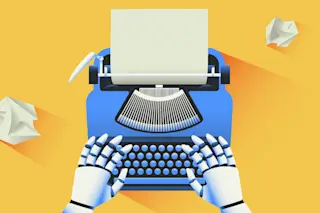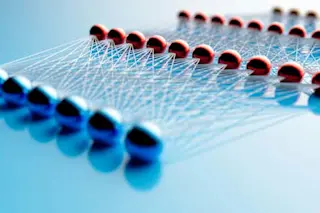Smartphones saw meteoric growth in sales and sophistication over the past decade, as manufacturers crammed more and more features into devices held by more than 6 billion people globally.
Few technologies have so deeply altered our relationship to the world, and they’ve come a long way since the days of the IBM Simon Personal Communicator.
But as sleek and versatile as it’s become, the cell phone’s evolution isn’t yet complete. Whether it's top-tier photography, customized voice assistance or holographic displays, you can expect a lot more from the smartphones of tomorrow — and much of it will be driven by artificial intelligence.
Artificial intelligence already plays a prominent role in our digital lives, from Siri and Alexa to algorithm-based recommendations on TikTok, Spotify and Netflix. But perhaps more than anything, developments in AI will set the next generation of smartphones apart, enabling them to personalize and enhance many aspects of ...















